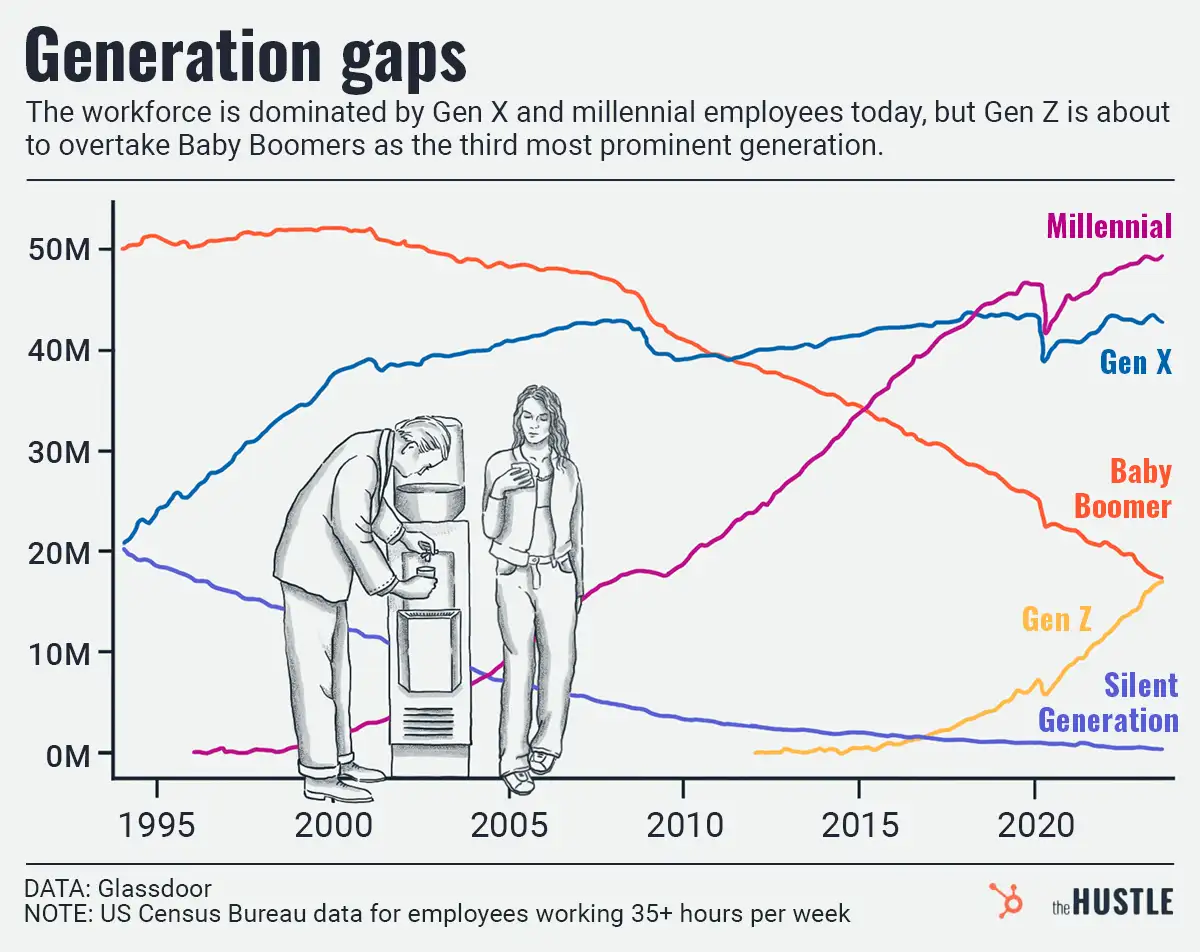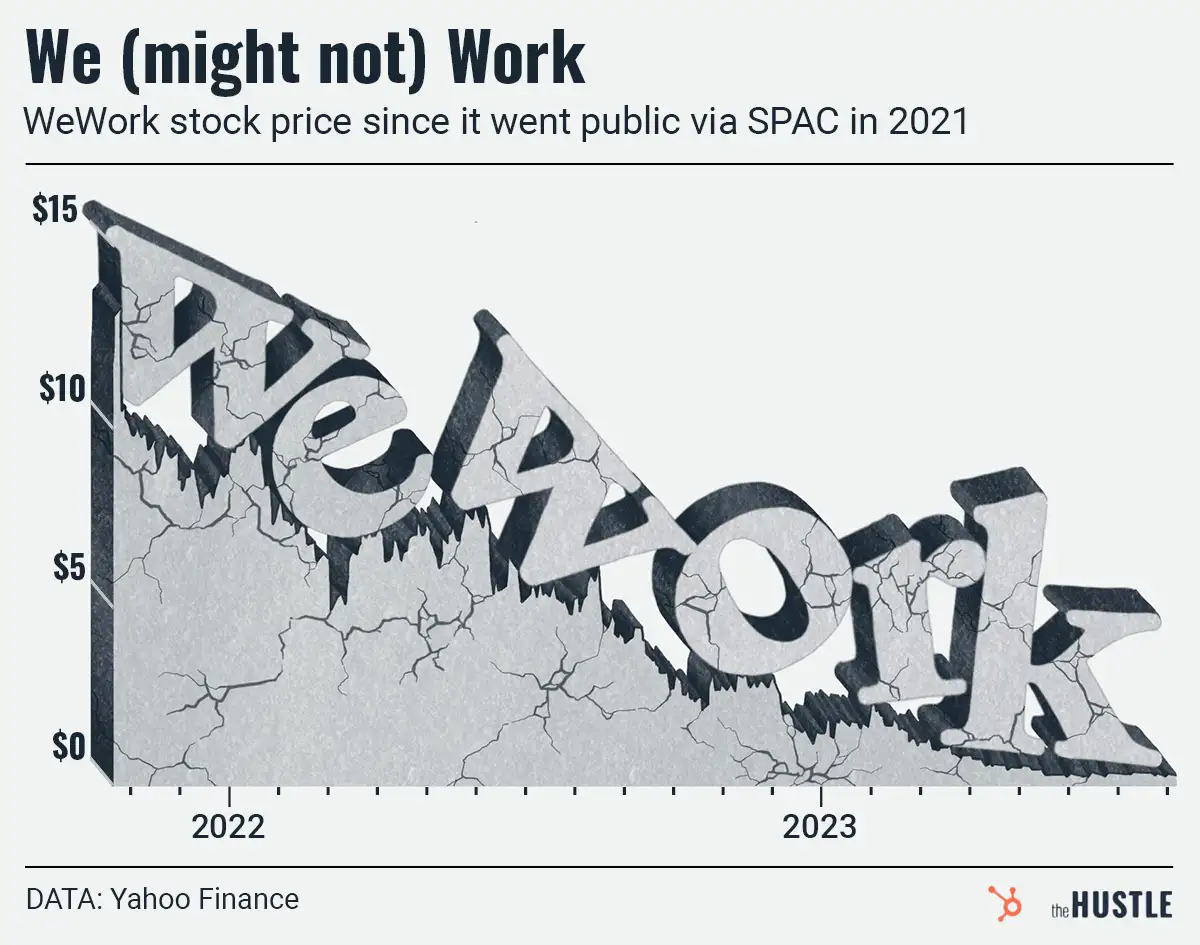The Loch Ness monster. Bigfoot. Employee happiness.

If you’re placing bets on which of these three fabled things is going to show itself first, definitely don’t bet on the last one — job satisfaction is at a three-year low and still sliding.
But why, executives may wonder? What can be done to get that ever-elusive employee buy-in?
Spotify can tell a lot of this story
The audio giant stumbled earlier this year, with two different rounds of layoffs, eliminating a combined ~800 jobs (or ~8% of its workforce).
But it seemed like the company was bouncing back nicely:
- Spotify’s most recent earnings report was a winner — its first profitable quarter since 2021.
- The report shows monthly active users increased 26% YoY to 574m, despite price increases, and a 16% YoY lift in both premium subscriptions and advertising revenue.
- And for the eighth straight year, the internet fell hook, line, and sinker for the viral marketing powerhouse Spotify Wrapped.
The reward for the hard-working employees who made it all happen? A third round of layoffs for the year, with ~1.5k people getting the boot right before the holidays.
What the hell?
There is, of course, a strong financial imperative here — Spotify, which bloated itself by nearly doubling its head count between 2019 and 2022, is pushing hard for consistent profitability.
- This is rather normal for a company five years out from going public, as Spotify is. (Across 7k+ IPOs from 1975 to 2011, 60%+ of companies were losing money at the five-year mark, something investors can only tolerate for so long.)
But sound cost-cutting business logic doesn’t do much to alleviate tanking employee morale.
Most professionals have, at some point, been on the receiving end of the executive Mad Libs layoff letter; “We have to become relentlessly resourceful,” marked Spotify CEO Daniel Ek’s version.
And every time another one goes out, it raises one essential question for each worker awaiting their turn: Why try?
If the company fails, you’re on the chopping block; if the company succeeds, sorry — you’re still on the chopping block.











